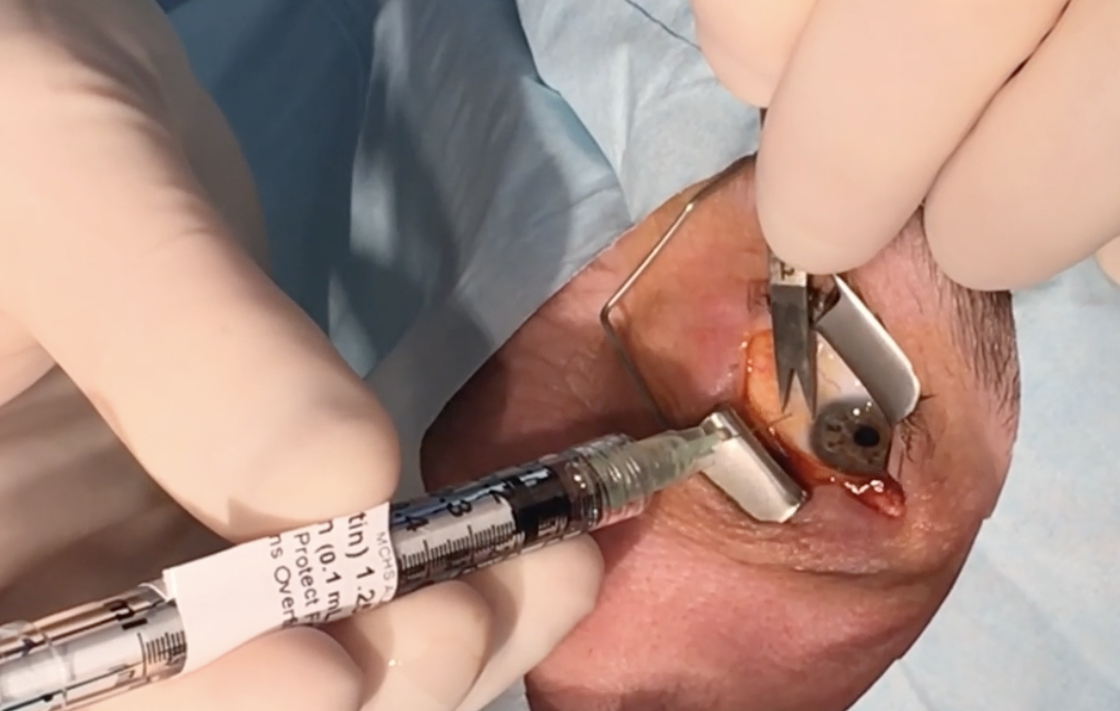 |
|
Anti-VEGF wasn’t associated with cardiovascular events or mortality in this nationwide Danish study. Photo: Leo Skorin, OD. Click image to enlarge. |
In a paper recently published in Ophthalmology Retina, researchers pointed out that many studies on the use of anti-VEGF for retinal vein occlusion (RVO) have included selected patient groups or haven’t been statistically powered to investigate rare safety events. To address this gap, they examined the association between anti-VEGF treatment and cardiovascular disease (CVD) risk and mortality and fortunately found the treatment to be safe.
Using Danish nationwide registries, the researchers assessed data of 7,235 patients 40 and older with RVO who were exposed (n=3,508) or unexposed (n=3,727) to anti-VEGF. They reported no increased risk of composite CVD or all-cause mortality in RVO patients who had been treated with anti-VEGF agents.
Additionally, no dose-response relationship was found. The researchers did observe an increased risk of intracranial hemorrhage and wrote in their paper that they couldn’t “safely exclude an association with myocardial infarction.” They added, “In a subgroup analysis of RVO patients, with previous CVD, no increased risk of a recurrent CVD event was found associated with anti-VEGF treatment, and notably, no increased risk was found in patients with previous myocardial infarction or ischemic stroke.”
They concluded that anti-VEGF treatment for RVO is safe, based on these nationwide findings. They also noted in their paper that the increased risk of intracranial hemorrhage they reported should be further studied in larger population-based trials since they couldn’t reliably quantify the risk.
Frederiksen KH, Stokholm L, Möller S, et al. Vascular endothelial growth factor inhibition in retinal vein occlusion does not associate with cardiovascular morbidity and mortality. Ophthalmol Retina. February 21, 2023. [Epub ahead of print]. |

